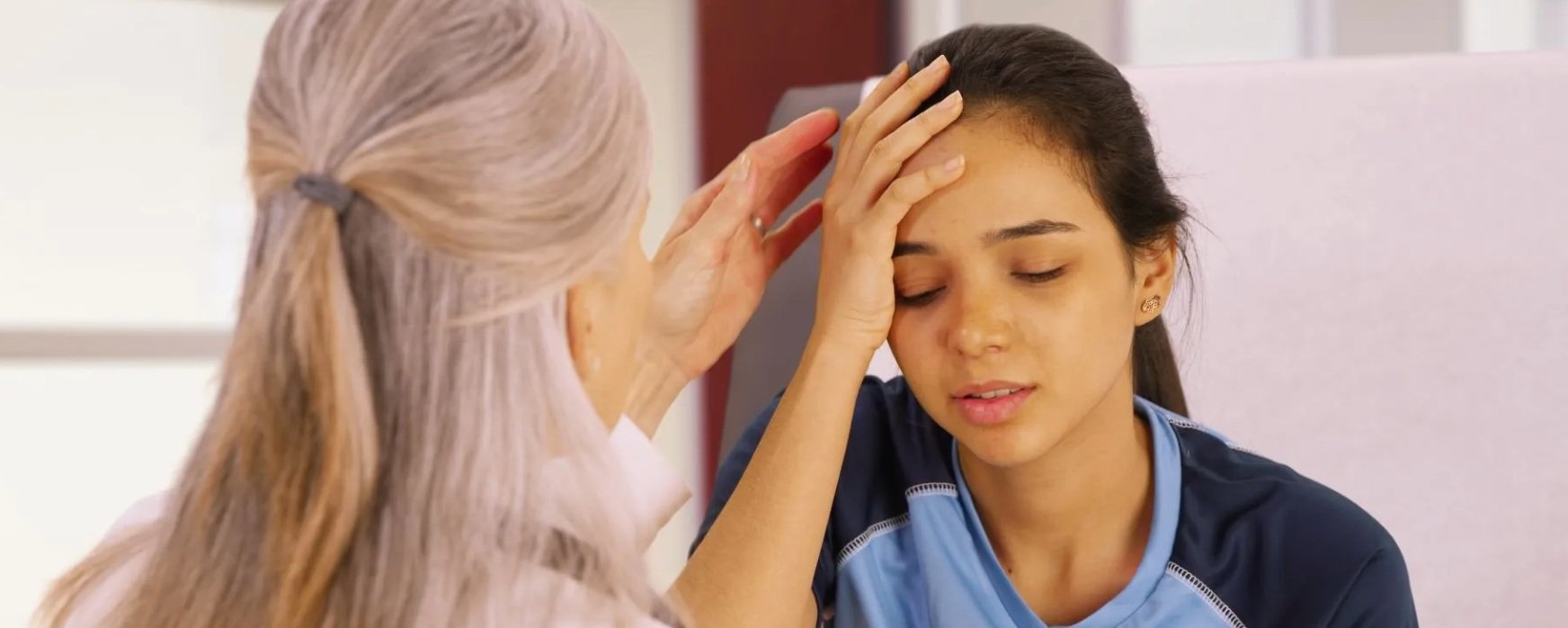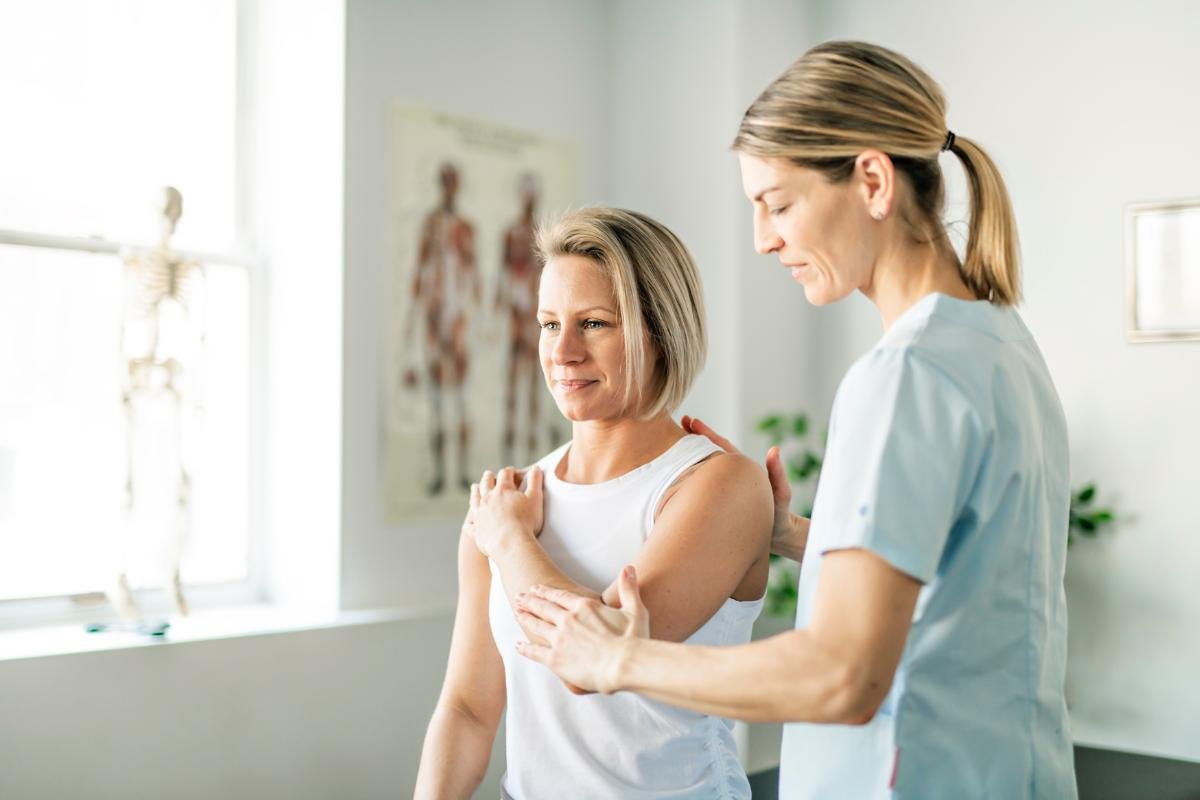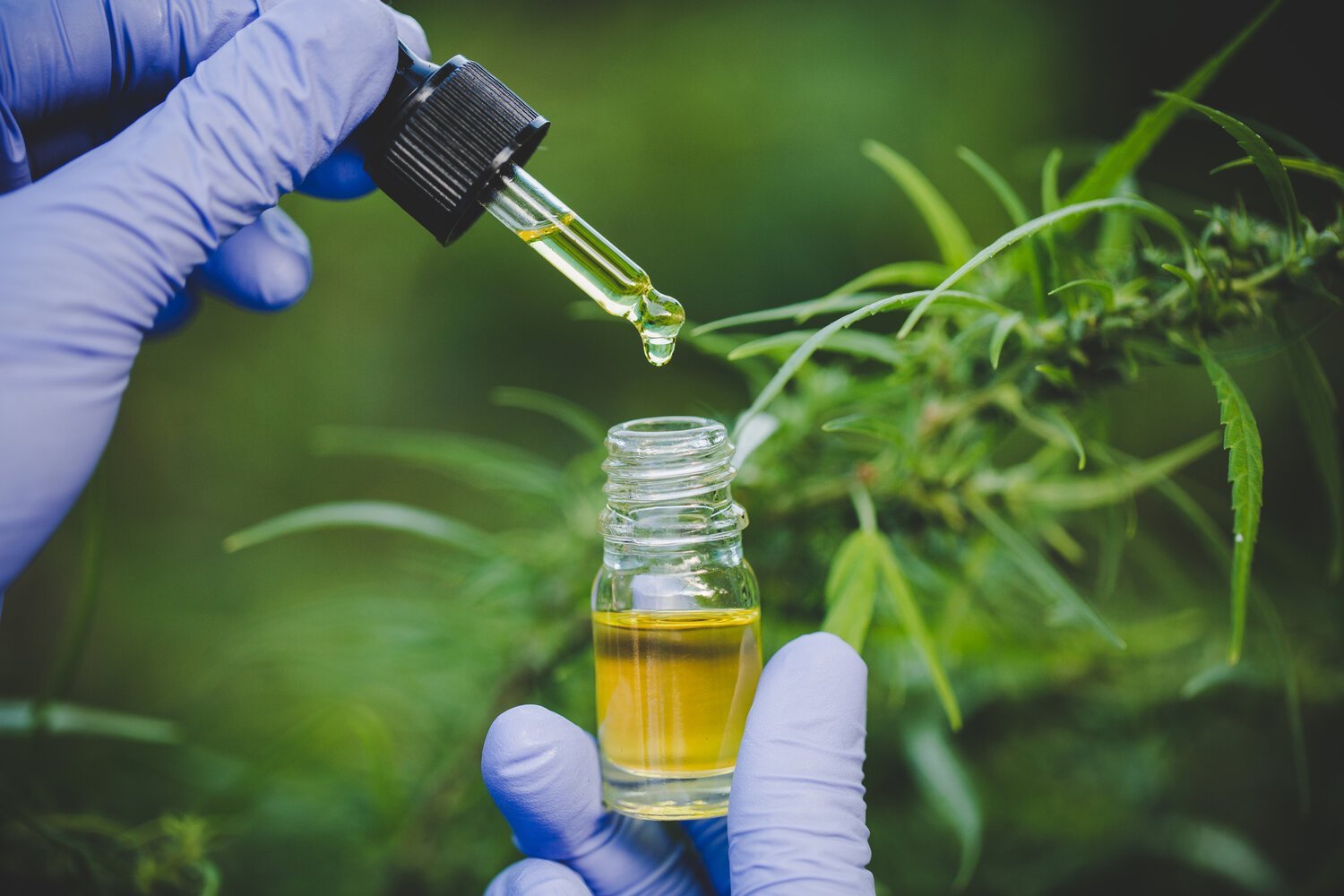Treatments and Self-Care
A concussion is a rehabilitative injury, and a multidisciplinary approach to treatment is considered best practice. Below are resources that explain each medical or rehabilitative treatment recommended by current guidelines, such as the 6th consensus statement on concussion in sport and PedsConcussion Living Guidelines for Pediatric Concussion Care. We also have resources on complementary and alternative treatments, which are relatively inexpensive and accessible. A Find Providers resource helps patients locate accredited providers for each specialty. Our self-care resource addresses things patients can do to help themselves.
Contents
Medical and Rehabilitative Treatments
Learn About Different Kinds of Healthcare Providers
Recovery Guides
Quick Guide: Navigating Your Concussion
Our downloadable quick guide provides information on how to manage your concussion recovery. LEARN MORE
When to go to the Emergency Room, how to identify a concussion. LEARN MORE
Our Recovery Guide covers: “relative rest,” resuming activities, and a prioritized list of treatments for persistent symptoms. LEARN MORE
Recovery Guide: Children & Adolescents
For parents of K-12 students whose child has been diagnosed with a concussion. LEARN MORE
Medical and Rehabilitative Treatments
Concussion and Rehabilitation Clinics
These clinics are a multidisciplinary team who will create a personalized recovery plan. LEARN MORE
Treatment for neck and back pains sustained from a concussion; guidance on return to activity and return to sports. LEARN MORE
Doctors will sometimes prescribe medications for persistent post-concussion symptoms such as headaches, depression, and anxiety. LEARN MORE
Up to 82% of concussion patients develop at least one vision problem. Vision therapy can be effective, and is recommended if symptoms persist longer than four weeks. LEARN MORE
Graduated Exercise Therapy, or Graded Exercise Therapy, introduces physical activity in stages to reduce concussion symptoms. LEARN MORE
A concussion can affect the body's balance system. Vestibular therapies can help with gaze stability training, balance, and dizziness. LEARN MORE
Occupational therapists (OTs) use compensatory and rehabilitative interventions to assist patients with activities of daily living (ADLs). LEARN MORE
How Athletic Trainers diagnose & rehabilitate concussion and benefits and disparities in care. LEARN MORE
A type of psychological therapy that treats depression, anxiety, and other psychogenic symptoms that may arise from concussions. LEARN MORE
Cognitive Rehabilitation Therapy
Cognitive rehabilitation therapy can help to mitigate cognitive deficits after a concussion. LEARN MORE
Concussion-induced hormone dysfunction is sometimes treated with hormone therapy. Learn specifics of hormone therapy and how to seek testing. LEARN MORE
Learn About Different Kinds of Healthcare Providers
Physiatrists are doctors who are trained to help patients from a holistic perspective to improve their quality of life. LEARN MORE
Neurologists use a variety of treatments to address disorders of the nervous system, including the brain. LEARN MORE
Psychologists treat patients with concussion-related symptoms related to mental health and well-being. LEARN MORE
Neuropsychologists diagnose and treat patients by assessing behavior and cognitive functions. LEARN MORE
Complementary & Alternative Treatments
Research indicates that yoga and meditation have the potential to alleviate specific concussion symptoms. LEARN MORE
Acupuncture is an alternative treatment that has been found to be successful in treating concussion symptoms. LEARN MORE
Research indicates that cannabis (THC and CBD) serves as a neuroprotectant, possibly helping the brain heal from concussions. LEARN MORE
Massage therapy may alleviate tension in the neck and shoulders, anxiety, depression, and insomnia related to the initial concussion. LEARN MORE
There is limited research about craniosacral therapy for concussions; anecdotal data shows positive effects. LEARN MORE
A treatment utilizing LED light devices that are placed against the head and beam red and near-infrared light into the brain. LEARN MORE
Self-Care
Sleep is one of the most important factors for recovery, as sleep has neuroprotective and neurorecuperative effects on the brain. LEARN MORE
Following a concussion, a diet filled with fresh foods will help your body repair. Recommended foods to maximize recovery LEARN MORE
Rest 24 to 48 hours after a concussion and then start light activity. How to approach exercise after a concussion. LEARN MORE
Sound sensitivity is a common symptom of a concussion, as is visual or light sensitivity. Medical advice, tips, and tools to cope with this issue. LEARN MORE
Information about meditation, deep breathing, managing stress, and your concussion recovery. Useful apps to help with your self-care. LEARN MORE































